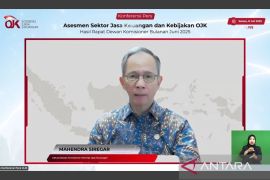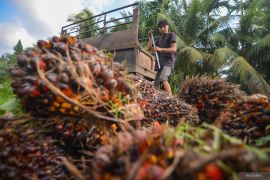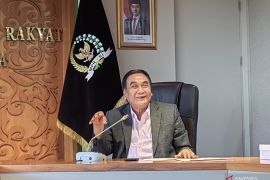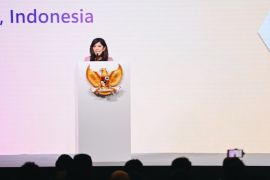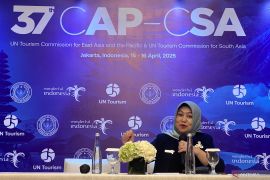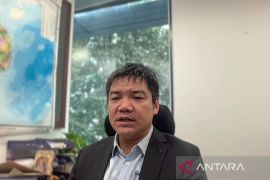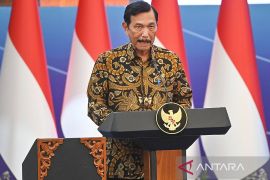"The latest World Bank`s Global Economic Prospects report have made us aware of both economic expectations and risks in the global economy," said World Bank Vice President, Kaushik Basu, in a written statement received here on Friday.
According to the outlook report, economic growth in East Asia and the Pacific region were strong in the first quarter of 2013, but it is slower than the same period last year, with estimation reaching to 7.3 percent in 2013.
While the four economic issues that could be at risk in the region, including Indonesia is the gradual reduction in Chinese investment, Japan`s quantitative easing monetary policy implementation, rapid growth of credit, and soaring asset prices such as housing.
While the prospects for developing countries are varied as in the Asia-Pacific region is characterized by the faster demand rising than supply which resulting an unbalanced economic growth that characterized such as inflation, asset price bubbles, and rising debt levels.
The report`s main authors Andrew Burns said that with a limited capacity in order to achieve higher growth developing countries have to once again prioritize on structural reforms.
"The structural reform priority such as lowering the cost conducting business activities, opening up to international trade flows and foreign investment, and invest in infrastructure and human resource development," said Andrew Burns.
Previously, the Indonesian Chamber of Commerce and Industry (Kadin) stated that local entrepreneurs often complain about export barriers among others, in the form of additional costs that do not have a clear legal basis.
"We still often find complaints that local entrepreneurs for exporting their goods, they have to spend extra cost for the documents that are not needed," said the Chamber`s chairman of the Standing Committee on Venture Capital and Alternative Funding Safari Azis.
Safari said that based on information received by the chamber, it is related to government policies that are seeking to raise local revenue from commodity exports but it could reduce the region`s export commodities competitiveness.
Therefore the Chamber of Commerce also wants the government to set up small and medium enterprises (SMEs) in facing the global competition after the ASEAN Economic Community (AEC) enactment by 2015.
Vice Chairman of the Indonesian Chamber of SMEs and Cooperatives Division Erwin Aksa said that Indonesia should learn from the ASEAN-China Free Trade Agreement / ACFTA case.
Erwin said that Indonesia is not quite ready in facing the ACFTA, then the business community must be frequently injected by various incentives from the Indonesian government in preparation to face the free trade with China that lasts up to six years.(*)
Editor: Heru Purwanto
Copyright © ANTARA 2013


